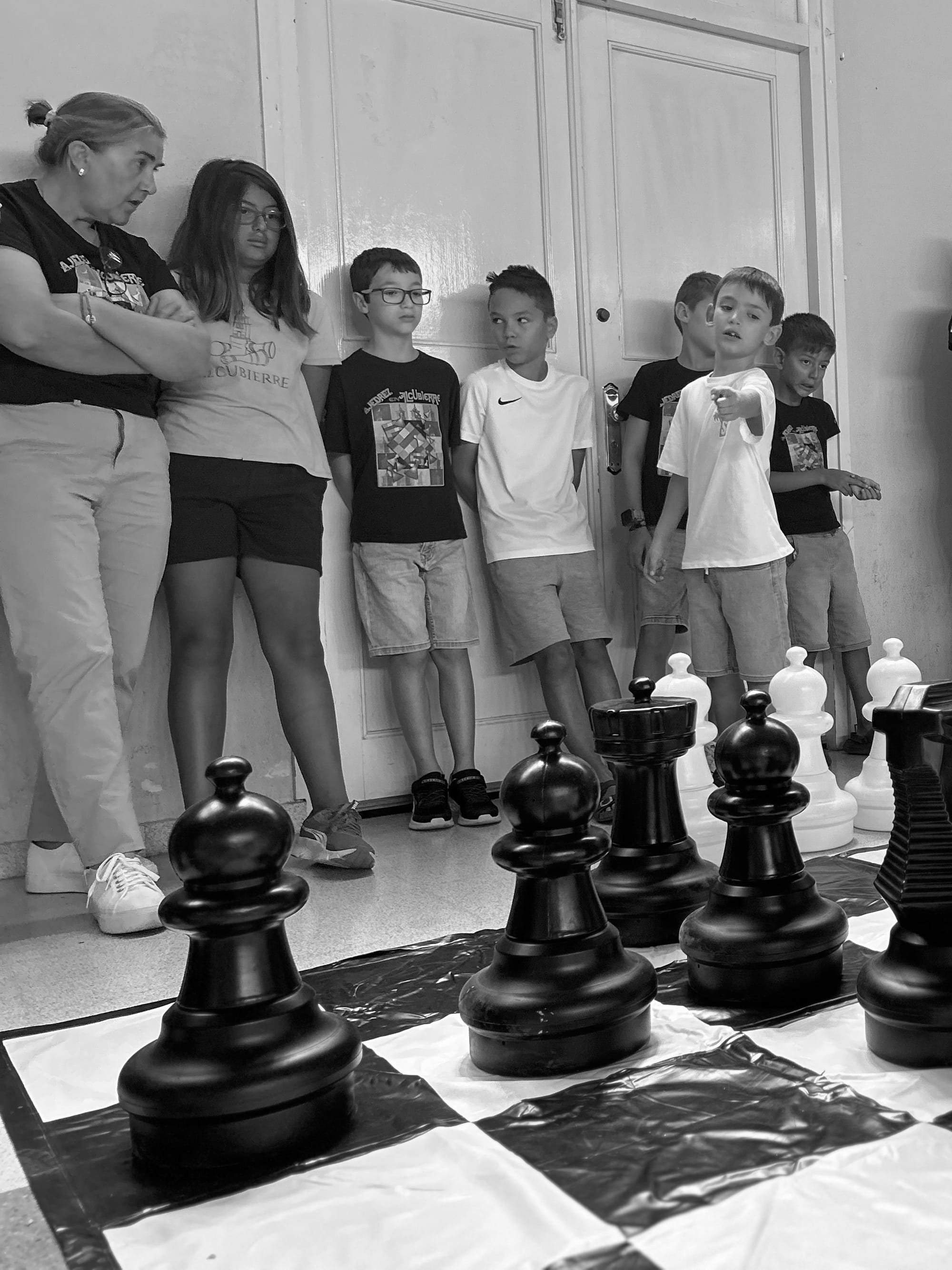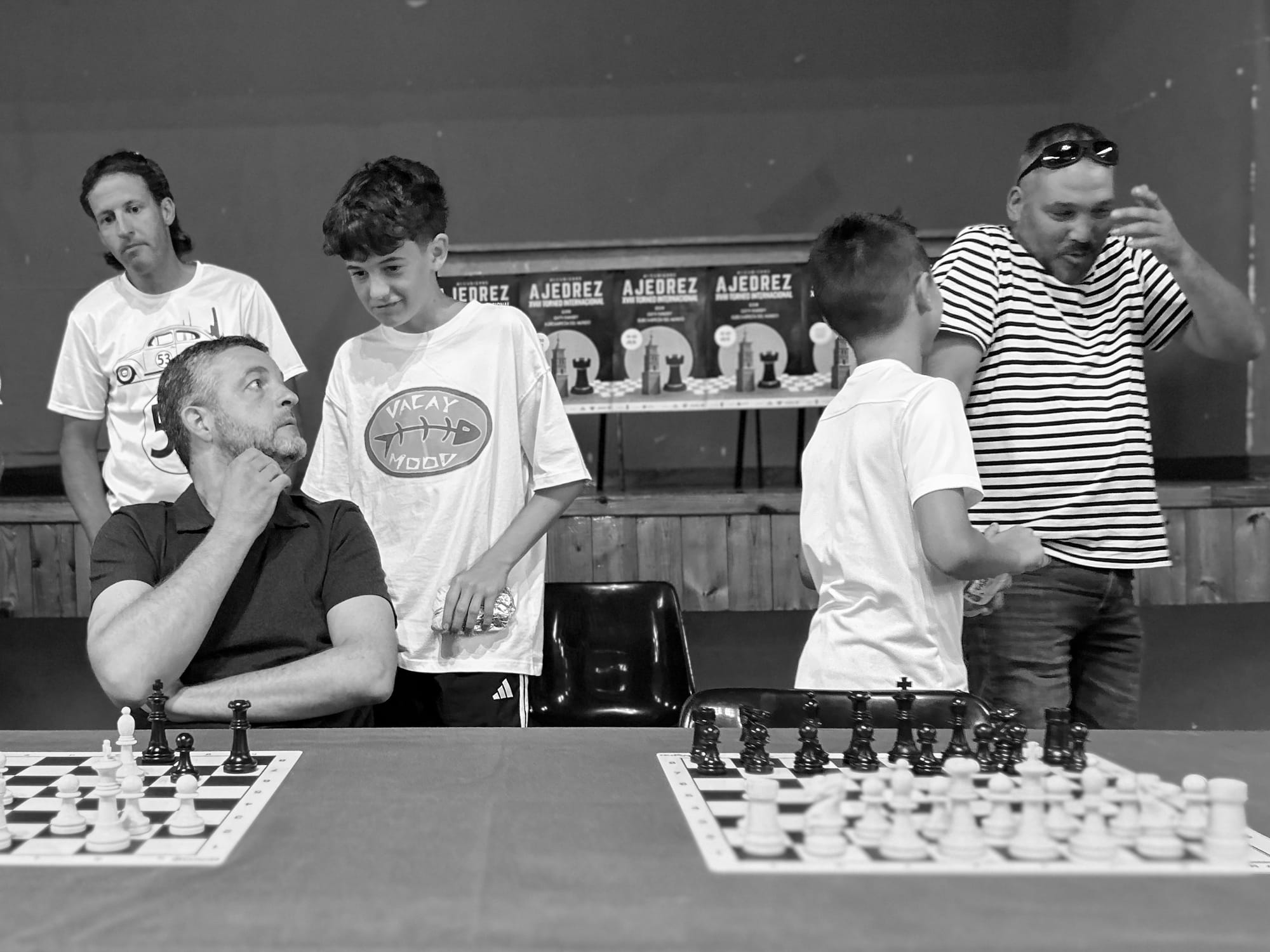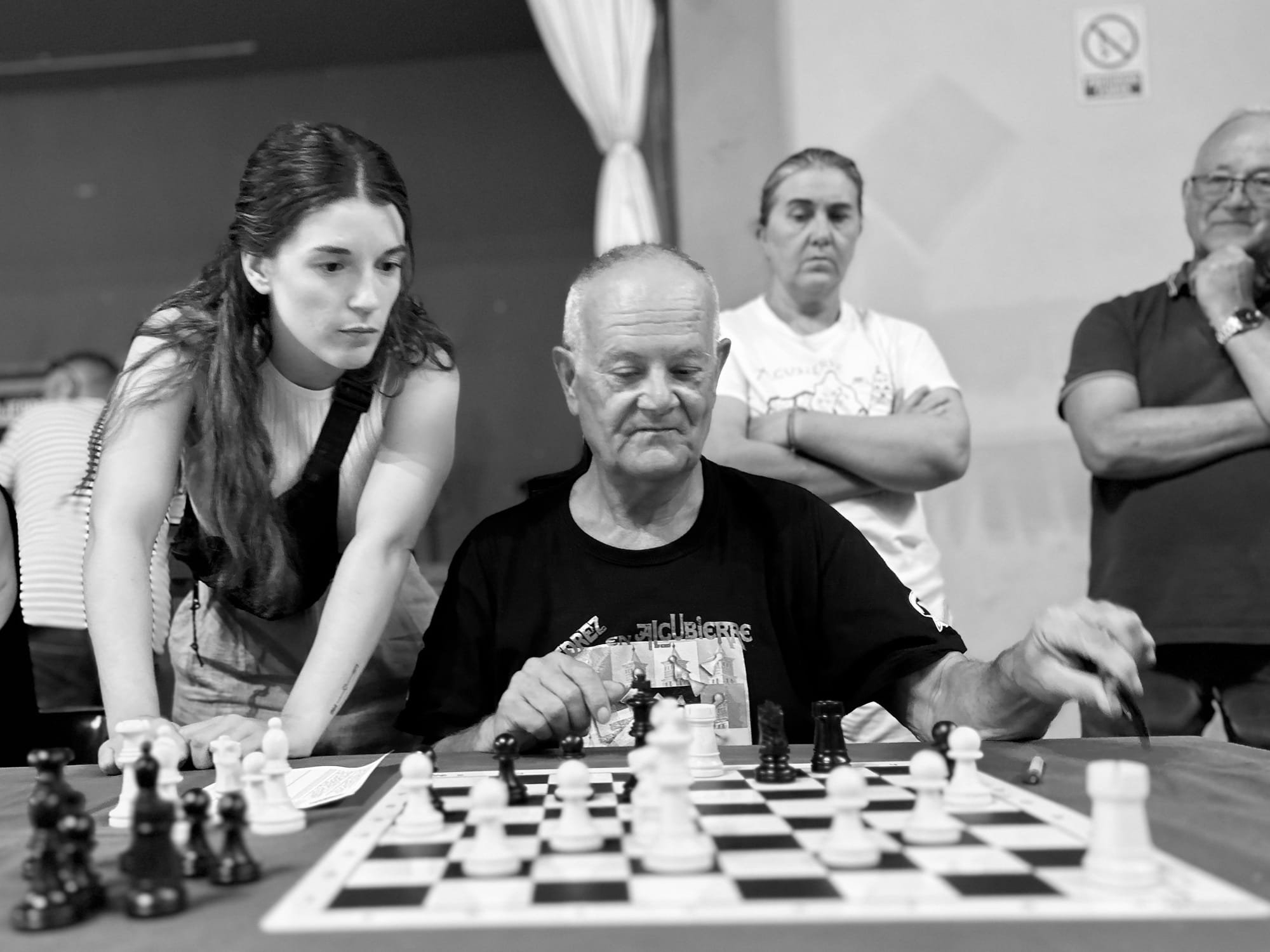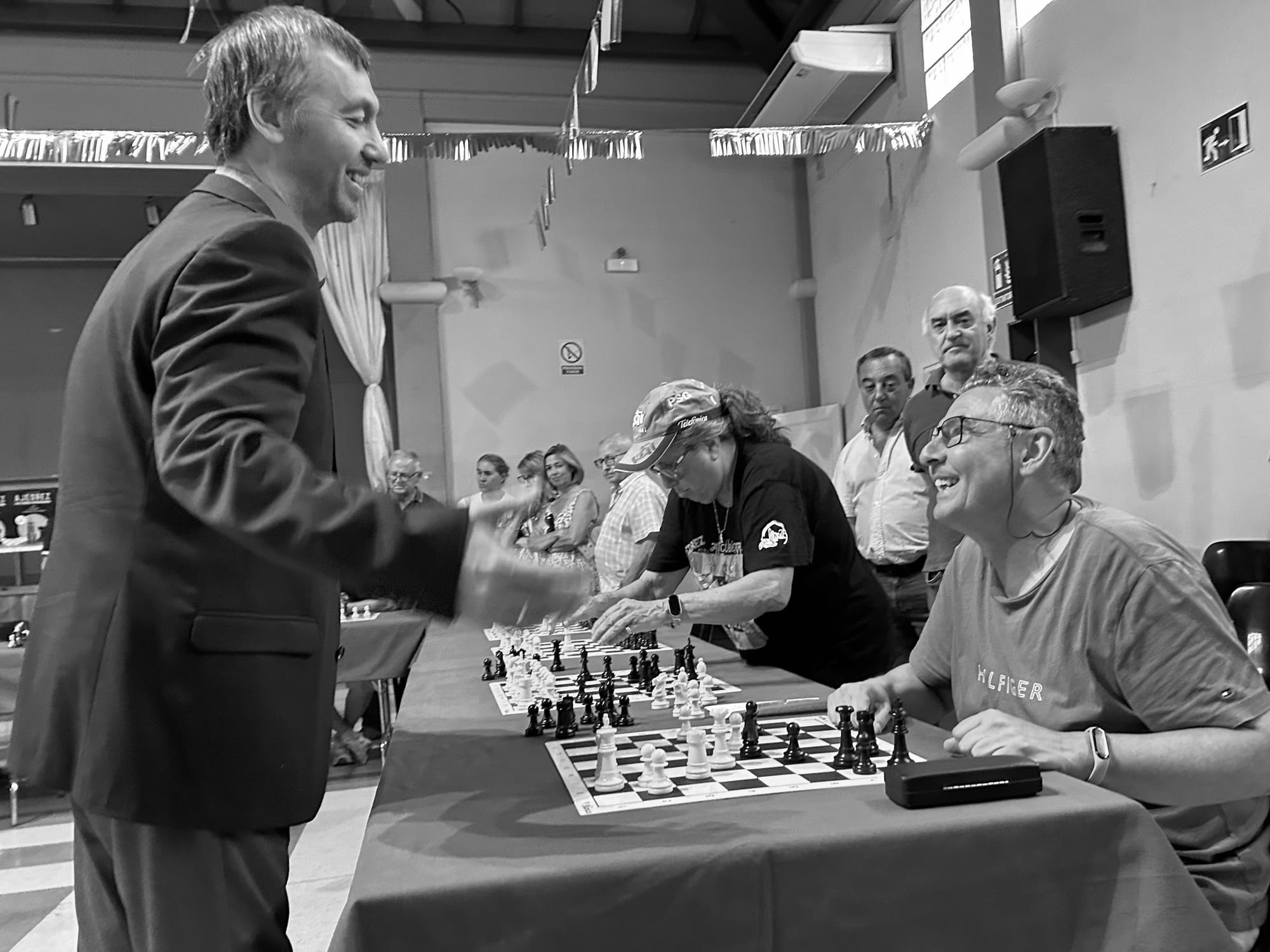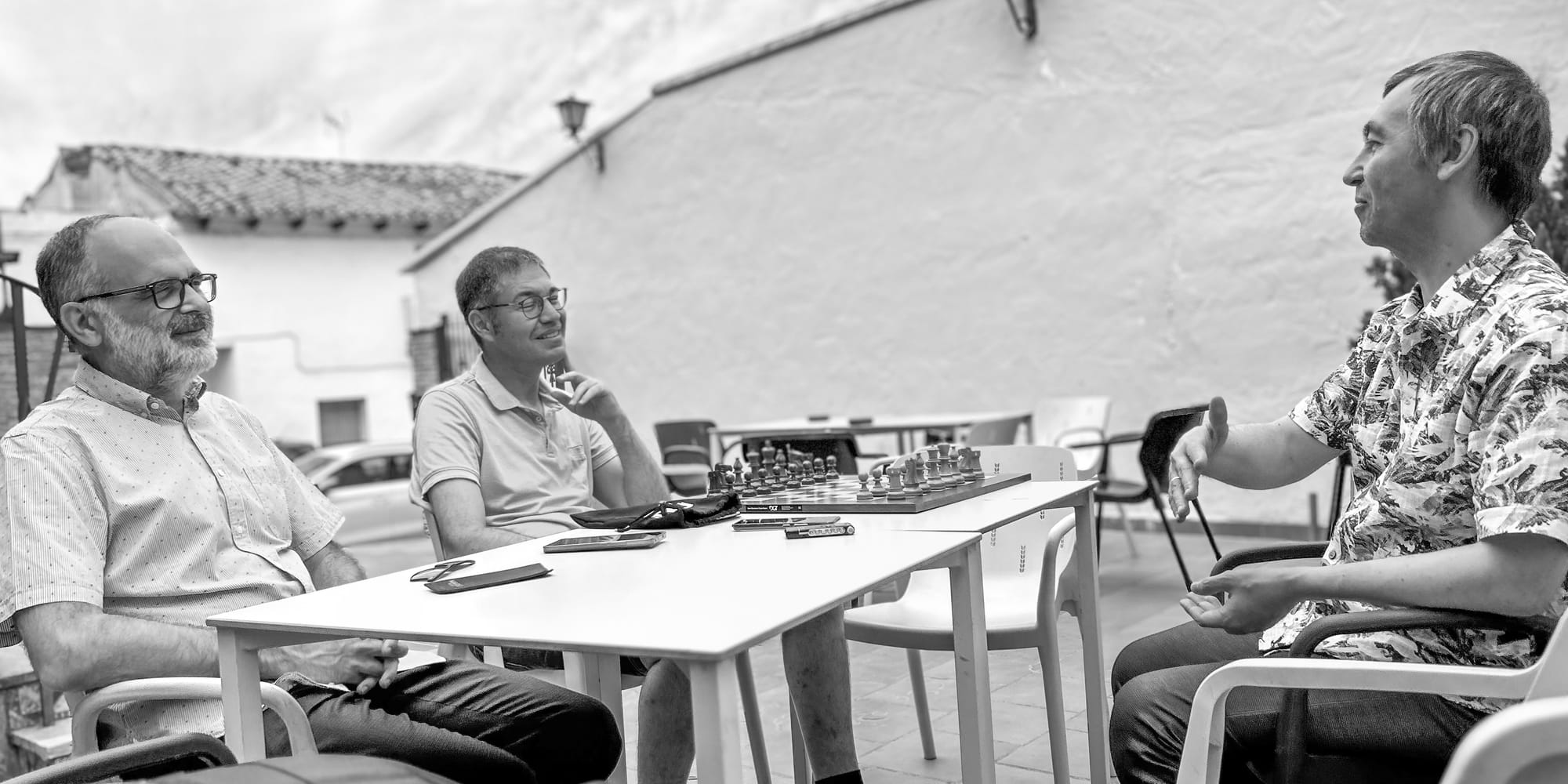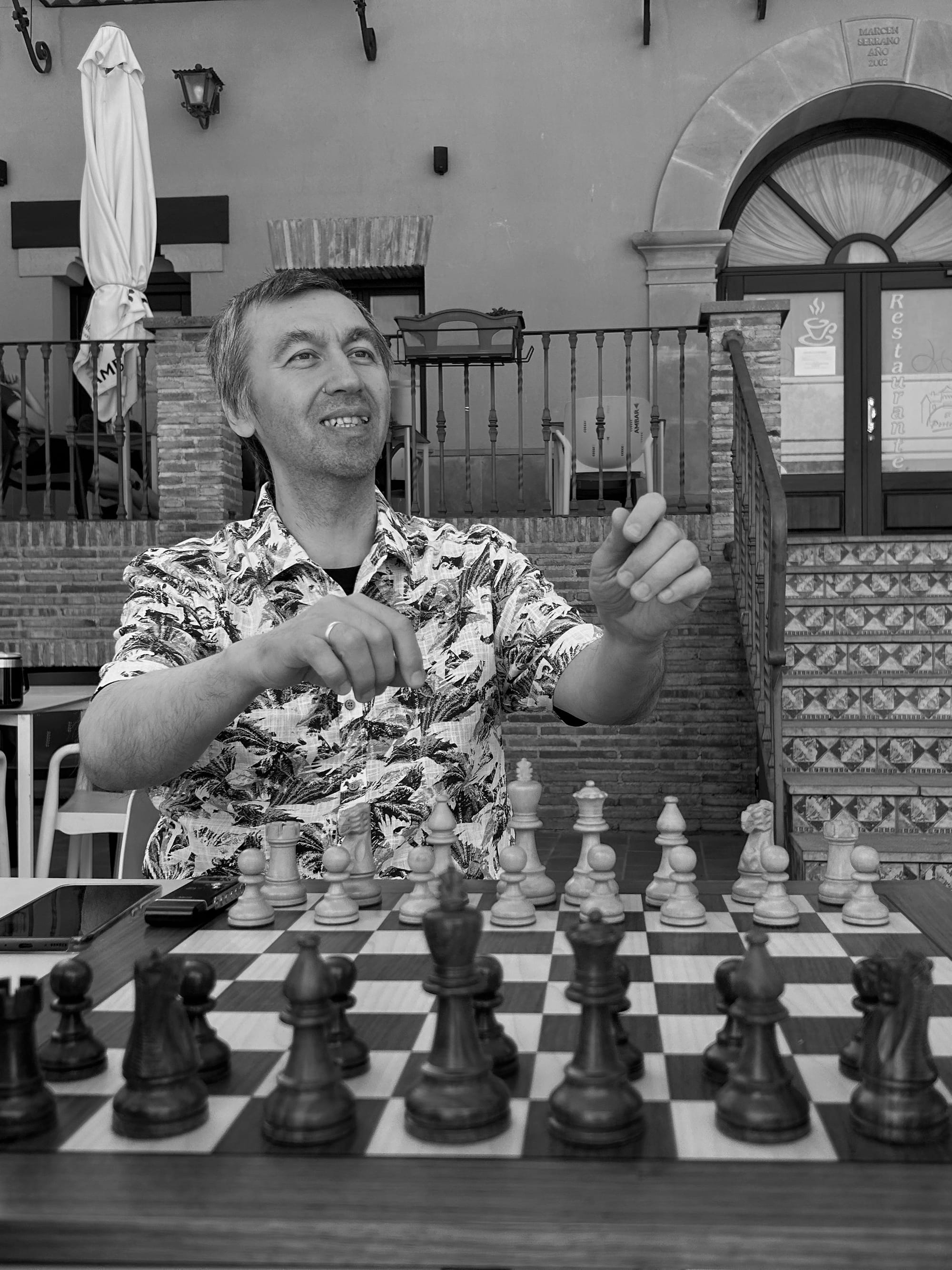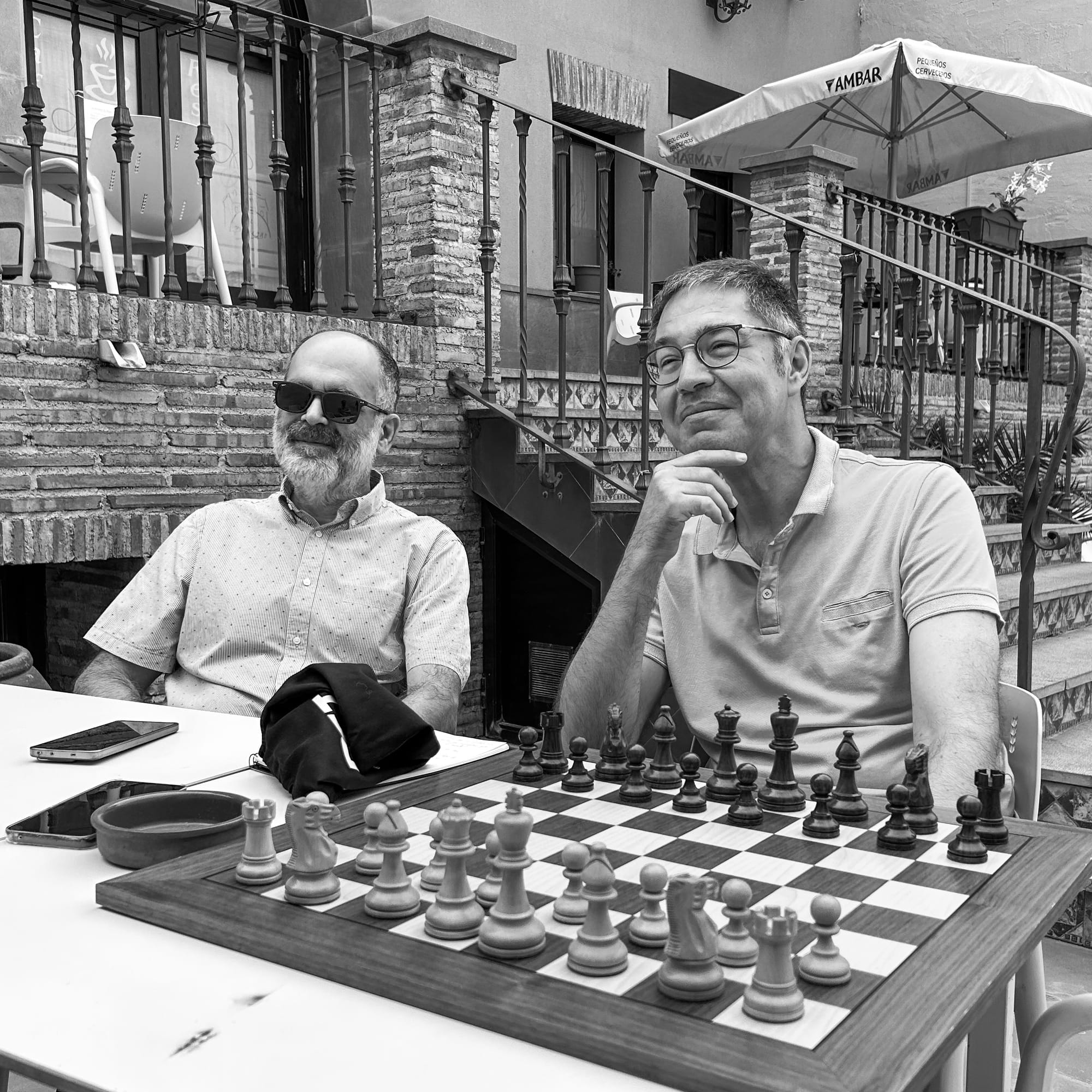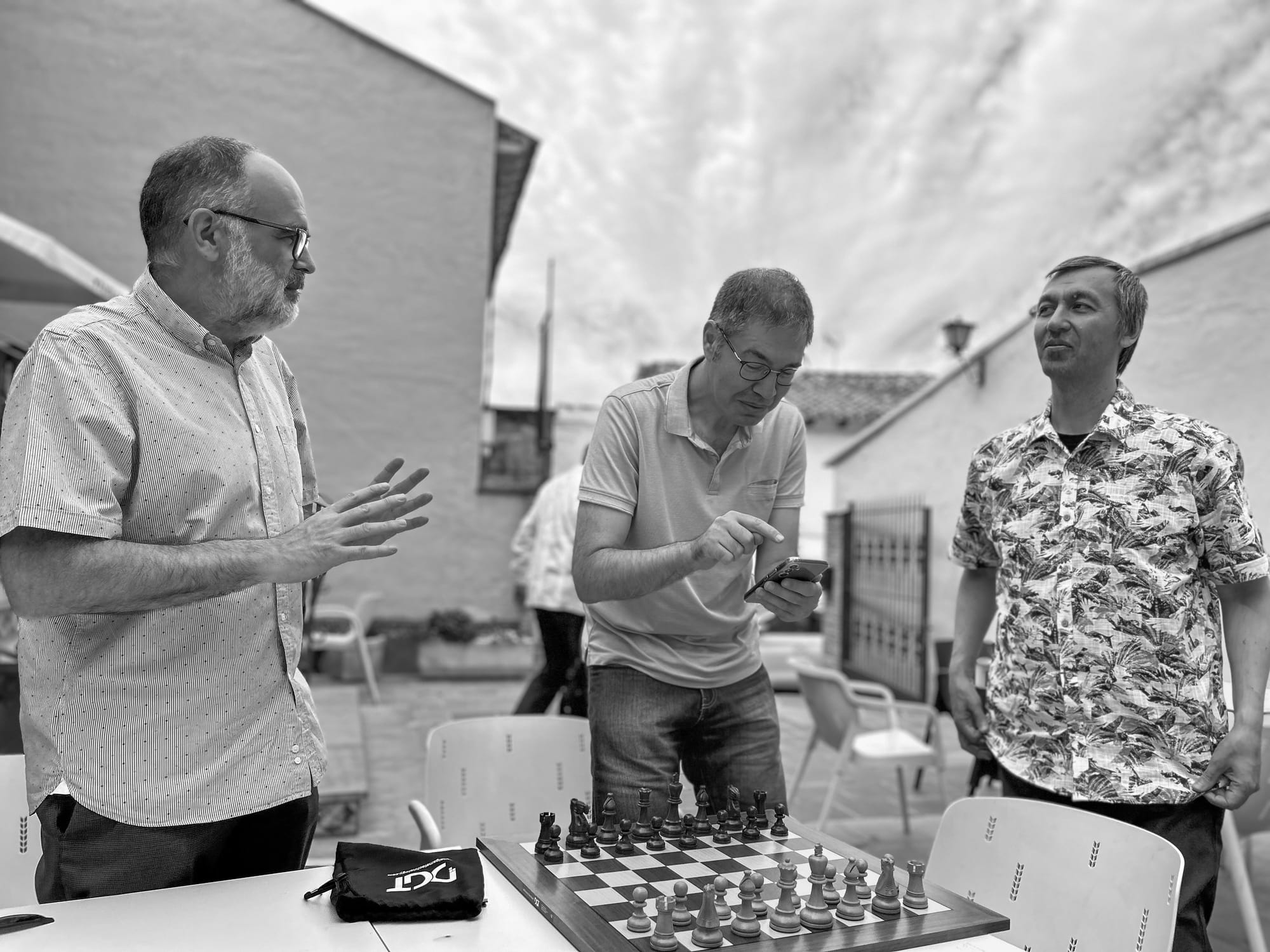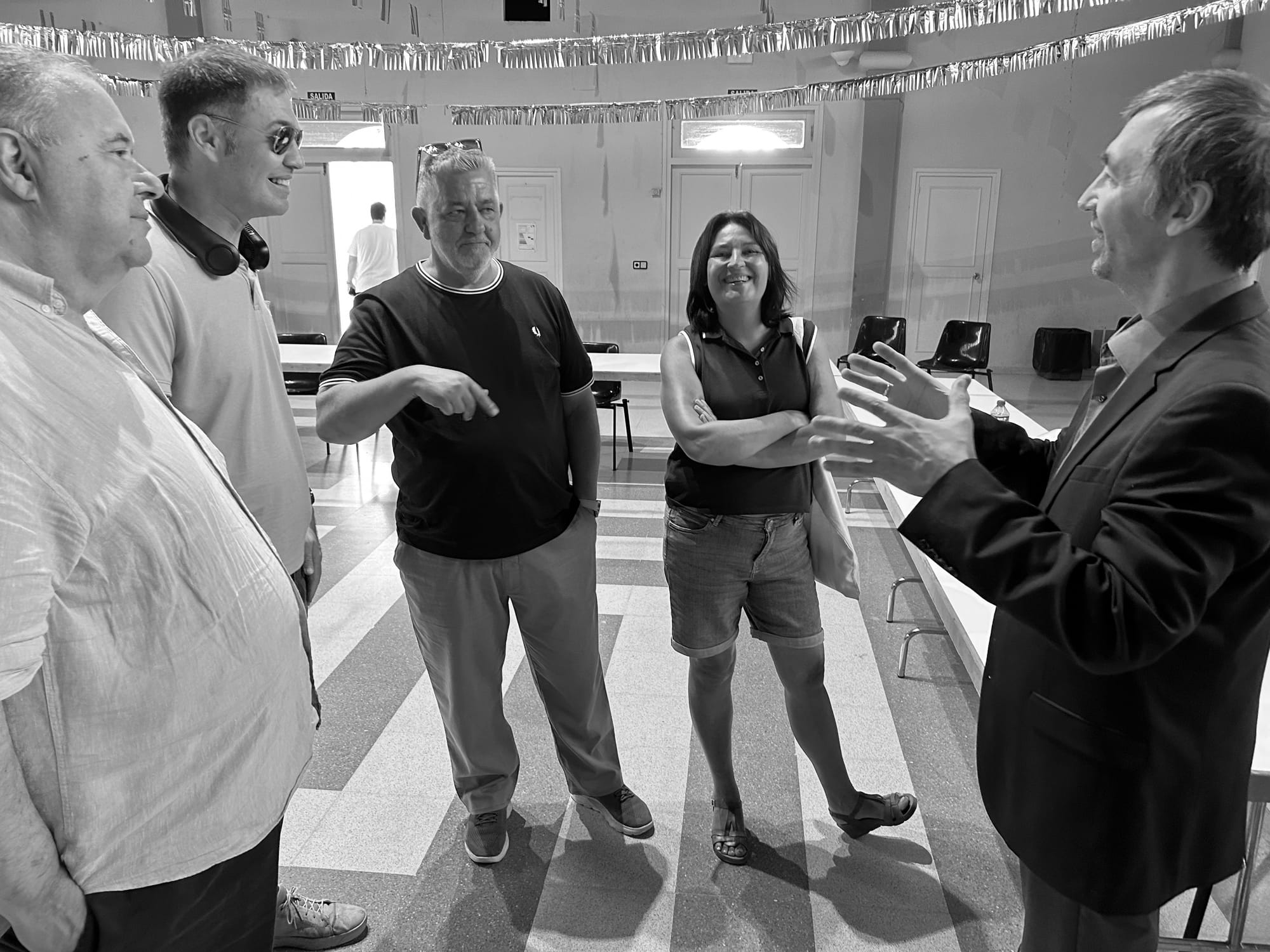Alcubierre: What Connects Masters of the Board and Masters of the Field?
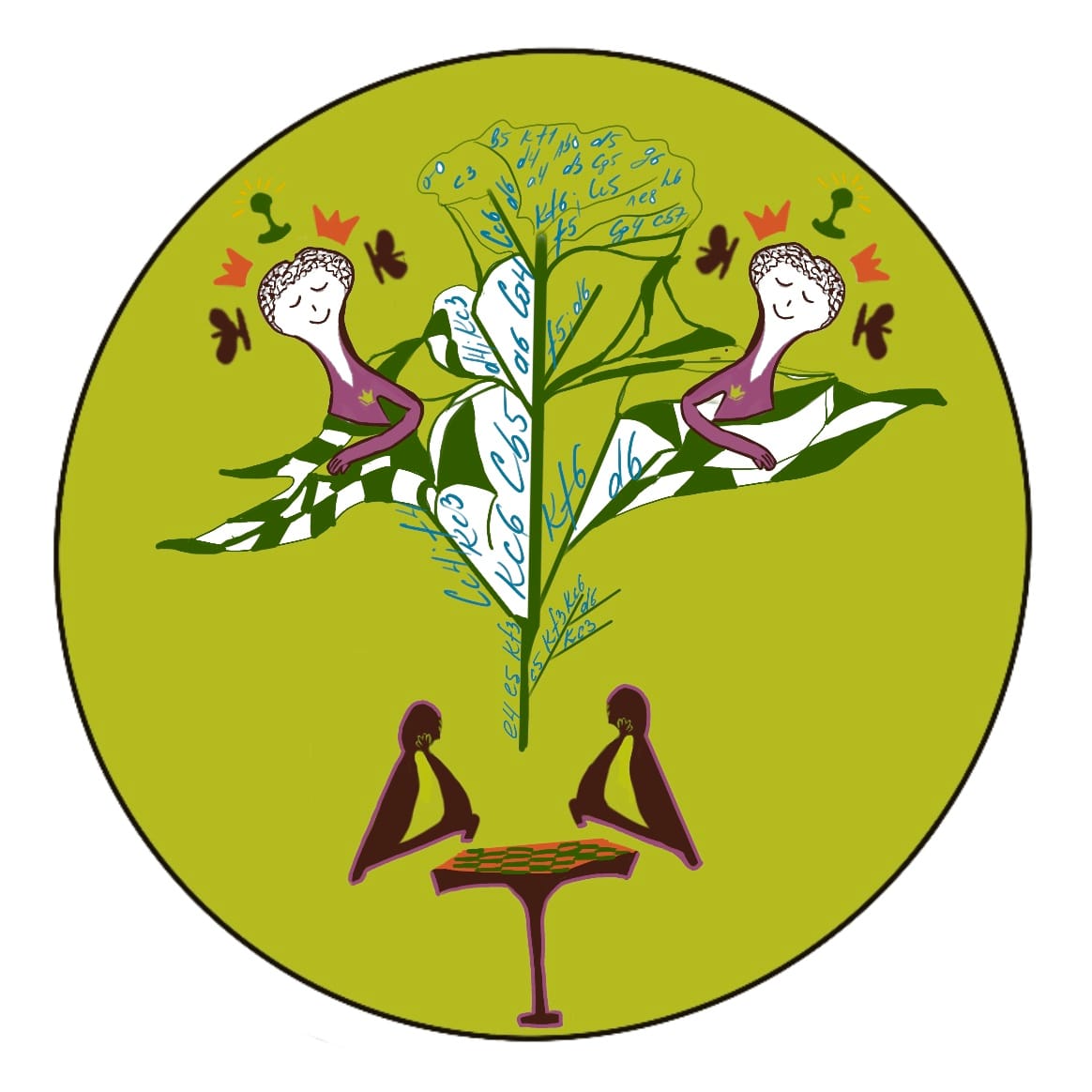
Here is the first part of my impressions from our trip to the surprising set of chess events in Alcubierre… I’ll share thoughts inspired by the experience and conversations that we had there as well as I’ll try to solve a mystery…
I guess my musings might appear rather as a labyrinth of thoughts and associations in which the autore gets lost herself… Please feel free not to enter the space of peculiar (thinking) pathways :)
First part of my observations recorded in the visual language (aka photography) is right in front of the exist from the “analytical labyrinth" - bellow the text 🤫
Alcubierre. Chess boards amidst agriculture fields?
Why would the government of a remote, tiny village decide to invest in an international chess tournament for eighteen consecutive years? At a time when unpredictable weather patterns regularly bring reports of harvest losses, why do Alcubierre's leaders consistently set aside a budget to invite prominent chess players to share their expertise? World champions and World Cup winners are regularly drawn to this distant corner of Spain.
But why?
Here is the list of grandmasters and correspondent years when they attended the event (scroll down to the “Festival Internacional de Ajedrez” https://es.wikipedia.org/wiki/Alcubierre ))
This year, my husband received an invitation to come to the tournament as a special guest. Surprisingly, I also happened to participate actively in the program of the festival. However, I'm still not certain I've uncovered the mystery.
'It was a seed, and now we see the tree growing.' These words from Alcubierre’s former mayor, Álvaro Isidro Amador Lacambra, describing how the tournament tradition began eighteen years ago, gave me an insight. There's an intersection between a chess player's mindset and a farmer's approach - similarities between cultivating crops and calculating variations in chess moves, is that the reason why current mayor of the city Pedro Suñén Pardo and his counsels (many people from the city hall were constantly in the tournament area) do one’s best to keep chess tradition alive?
This was my first association, but it's rather superficial.
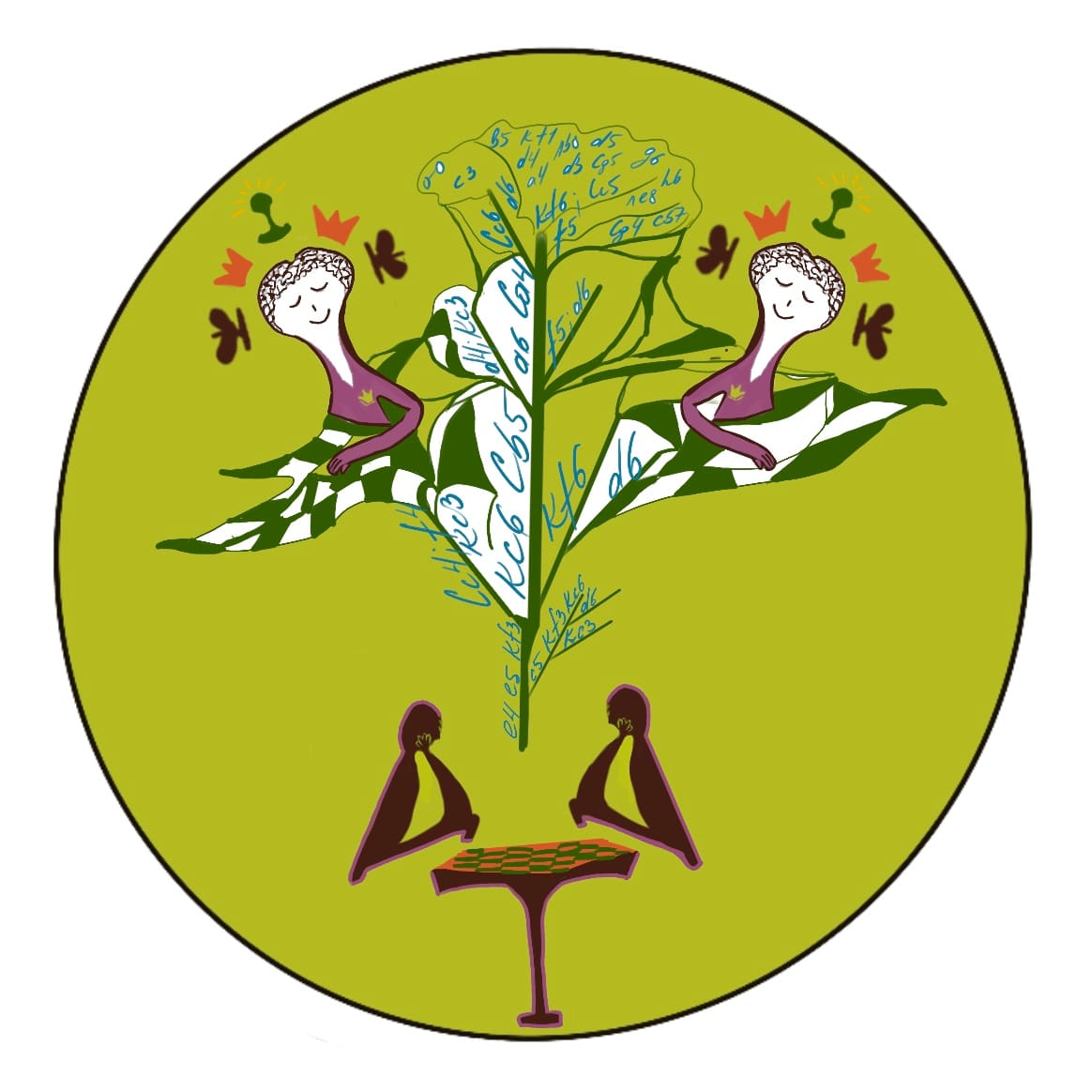
More importantly, I suspect, is that both chess culture and agricultural traditions face the threat of extinction.
Let me explain, please, how this feeling is conditioned.
I'm currently taking lessons in gardening philosophy and practice from my grandmother. I've learned that to cultivate good crops, it's crucial to be observant and consistent in one's efforts, knowing that results won't be visible for several months at least. To be a good gardener, one needs patience, careful observation, and faith in long-term processes.
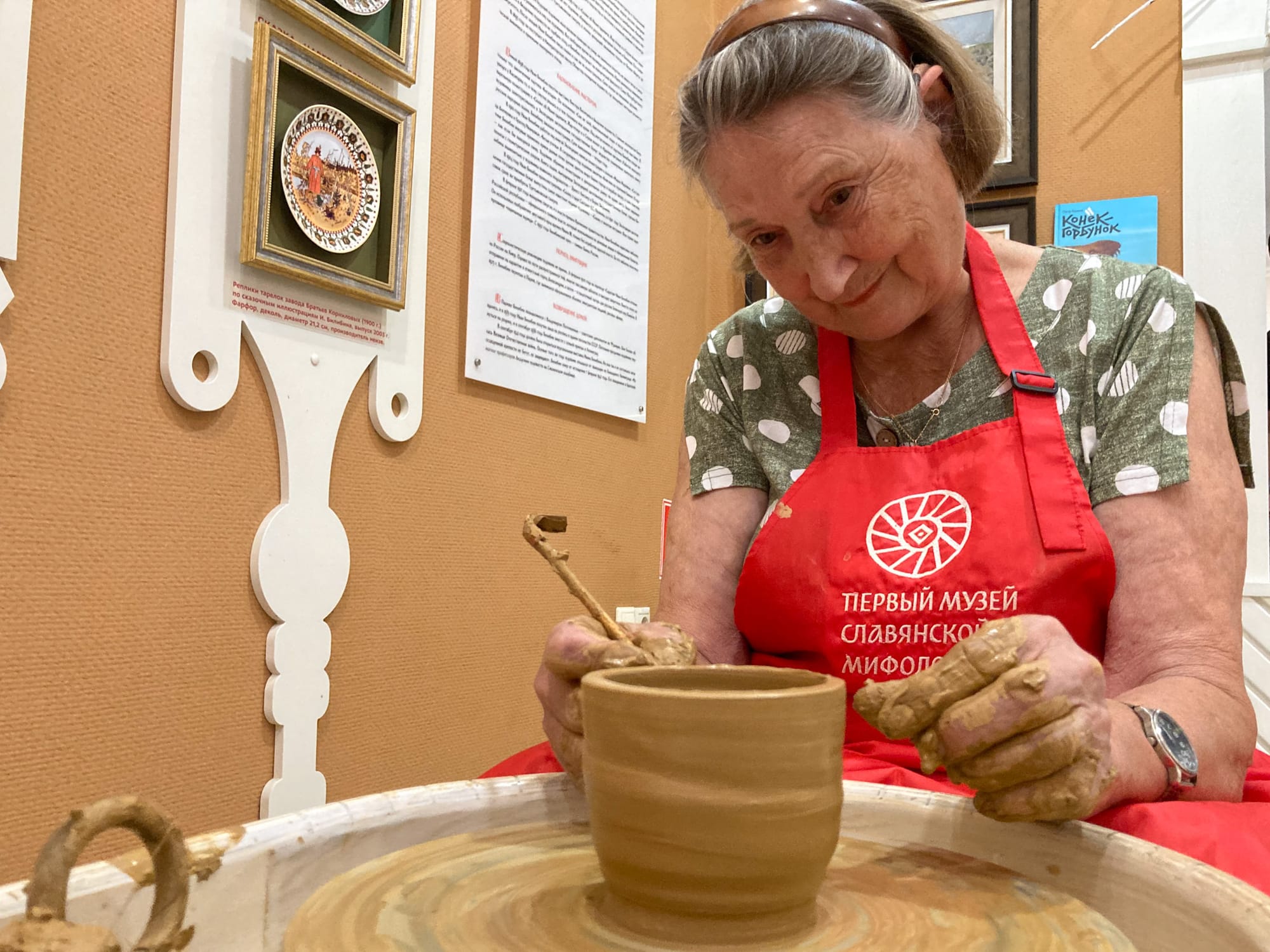
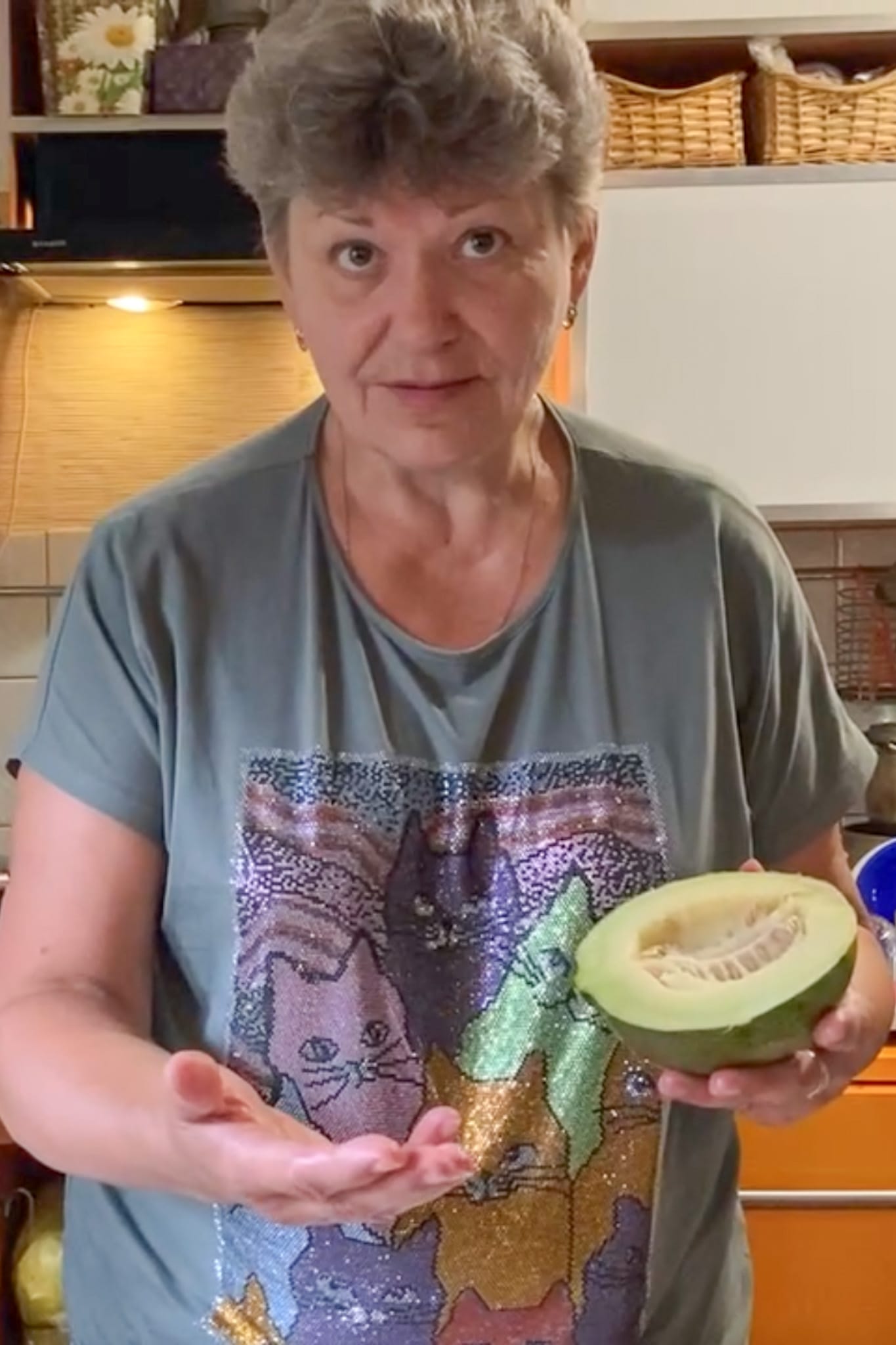
To be a good chess player, a similar set of skills is required. During a game, one must try move by move to improve one's position, make waiting moves when necessary, and be constantly vigilant for threats - much like a gardener who remains on constant lookout for weeds and unwanted pests in their plot.
Both pursuits demand what Nobel laureate Daniel Kahneman calls 'slow thinking' - the deliberate, effortful mental processes that resist human natural tendency towards quick fixes and automatic responses. Kahneman describes our preference for 'cognitive ease' - the brain's desire to avoid mental effort and rely on familiar patterns or simple answers. A general overview of his profound work can be found in Wikipedia, as usual : ) https://en.wikipedia.org/wiki/Thinking,_Fast_and_Slow
In the age of instant gratification, chess and gardening alike seem to strengthen our immune system against the incentives of mainstream culture.
The word 'champion' itself originates from the Latin 'campus,' meaning field - so a true champion, whether in chess or gardening, is literally someone who devotedly tends their domain. In a world rushing towards cognitive ease and instant solutions, Alcubierre's annual gathering of champions - both kinds - preserves something invaluable: the art of slow mastery and the patient cultivation of abilities that, like well-tended crops, eventually bear rich fruit.
Before finishing this part of the blog post I called my grandmother to check if my understanding of her lessons was correct. In general, she confirmed.
However, she pointed out an important detail that I forgot -
The Dialog, the art of conversation.
She highlighted the importance of listening to the plants, talking to them trying to understand ever better their needs…
What a contrast to the dominating result-oriented way of thinking “what do I get and how fast”! Hearing her going on telling me how yesterday she listened to the whisper of plants and sang songs to the raspberry tree gathering the berries, I felt immediate taste of bitterness in my chest, feeling that despite the agricultural traditions of my family from my mother’s side, I tend to fall prey to the consumeristic way of thinking… Even regarding myself and my own efforts: why I’m still not achieved this or/and that? Why do I take so long to “produce results”?
Listening to the next part of my grandmother’s response, I’ve realised that even during my chess games I tend to want something from the position… Instead of nurture it and take a better care of the resources, of the energy generated by the interconnection between the pieces.
This part of my observations recorded in the language of photography during our adventure in Alcubierre will be devoted to the moments of conversations marked by an insightful experience exchange.
